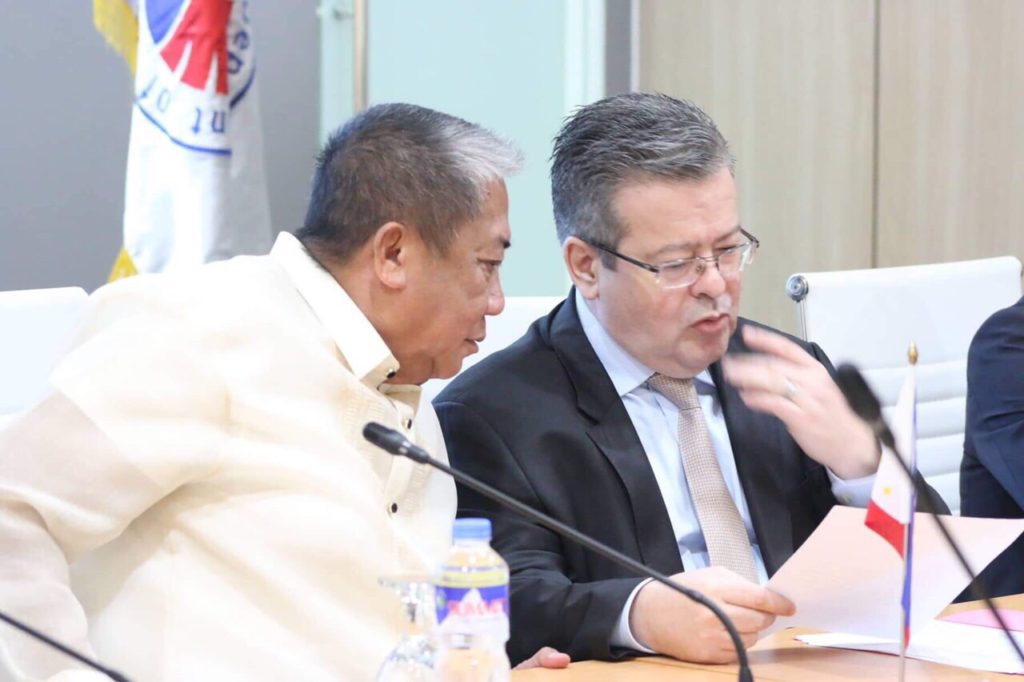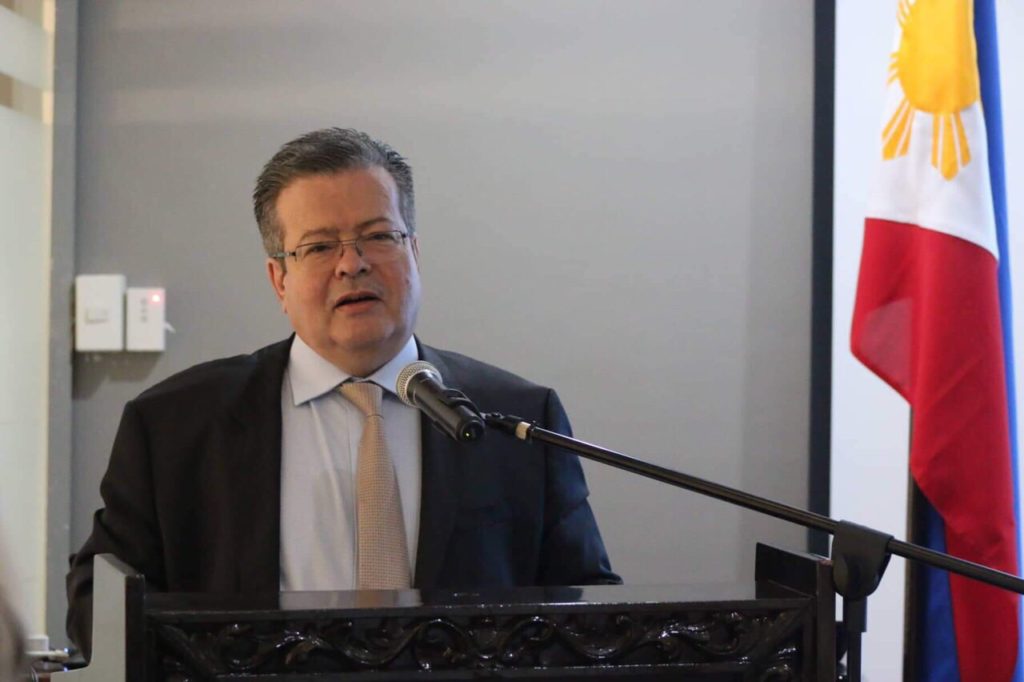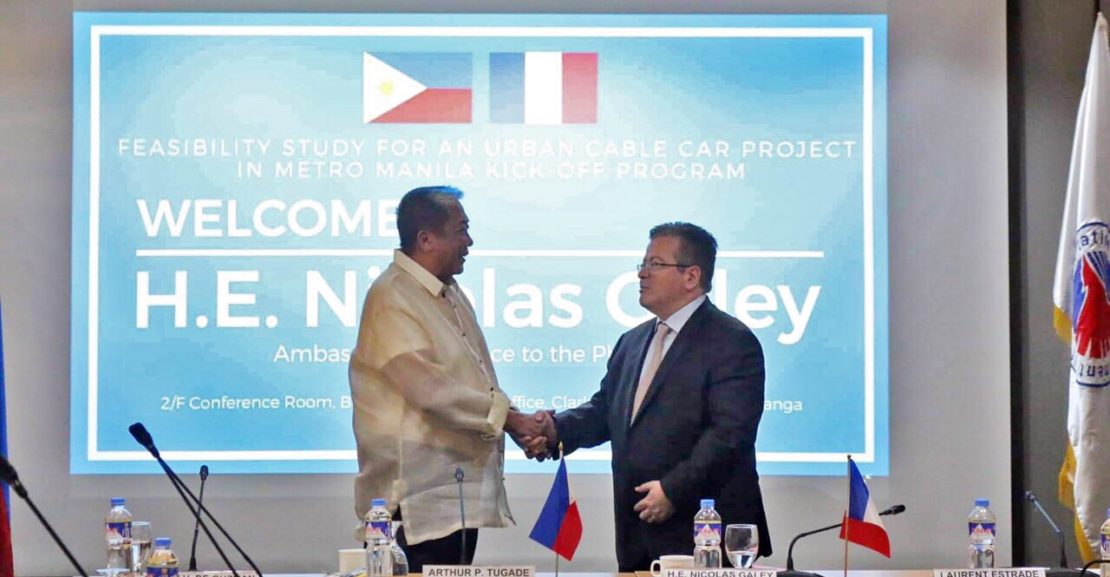This is the statement that every motorists wanted to hear. Today, the Department of Transportation (DOTr) and the Government of France officially started the feasibility study (FS) for the first urban cable car project in the country.
The feasibility study, which will last for 10 months, proceeds from a direct grant from the French government amounting to 450,000 euros. It will be conducted by French consulting firms MDP Consulting & Systra, both with international expertise in transport infrastructure and cable car systems.

According to DOTr, the feasibility study is comprised of 3 stages: Stage 1 is the identification of potential cable car corridors; Stage 2 is the comparison of these potential corridors and the selection of the best cable car alignment; and lastly, Stage 3 is the full feasibility study, which will determine if the project is technically, financially, and economically feasible.
For the technical analysis under the full FS, aspects to be studied include the kind of technology most suitable for the project; the actual alignment of the cable line; and the determination of affected properties (Right of Way), utilities, and families.
The financial analysis determines the cost of the project for review and approval or adjustment by the NEDA, whereas the economic feasibility analysis involves weighing the economic costs versus the economic benefits of the project including travel time saved and savings in vehicle operating cost, among others.
In his press statement, DOTr Secretary Arthur Tugade, said, “We are gathered here to address the issue of transportation and traffic that is happening in the country today. Admittedly, not one system can solve the situation of transportation and traffic in the Philippines. Not a cable system alone can solve the problems; it has got to be a basket of solutions, procedures, and systems, and one of those baskets is certainly cable.”
Well, it’s not a secret that DOTr has been pushing for a Feasibility Study on a cable car project to produce a better travel and commuting experience for Filipinos.

Meanwhile, French Ambassador to the Philippines Nicolas Galey, said, “The construction of an urban cable car system in Manila is certainly an exciting prospect, and the French Government is very happy to be able to support the Philippine Government in getting the most efficient way to include this mode of transportation in Metro Manila’s transport network.”
The French Government is eyeing a pilot location in Metro Manila. However, Secretary Tugade urges the consideration of La Union-Baguio and Caticlan-Boracay as prospective routes for the proposed cable car system, as he believes this is not just a good transport solution, but may also serve to boost tourism in those areas.

